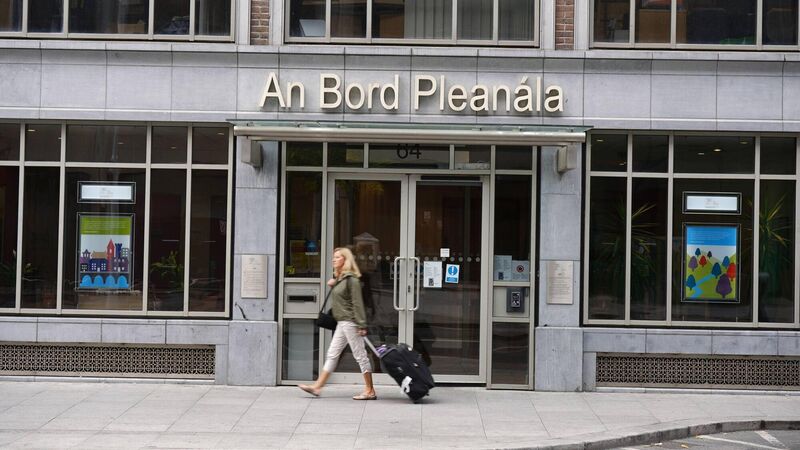Cianan Brennan: Blame game not a good start for the new-look An Bord Pleanála

The offices of an Bord Pleanála in Dublin. Picture: Niall Carson/PA Wire
Thursday’s Public Accounts Committee hearing will be with An Bord Pleanála, the embattled planning body’s first appearance at the standing committee since its former chair took early (and sudden) retirement.
It will be of interest for myriad reasons given the scandals which have enveloped the Irish planning system over the past 12 months, but the overarching draw will be An Bord Pleanála's new interim chair, Oonagh Buckley, and her vision for where the authority goes next.













